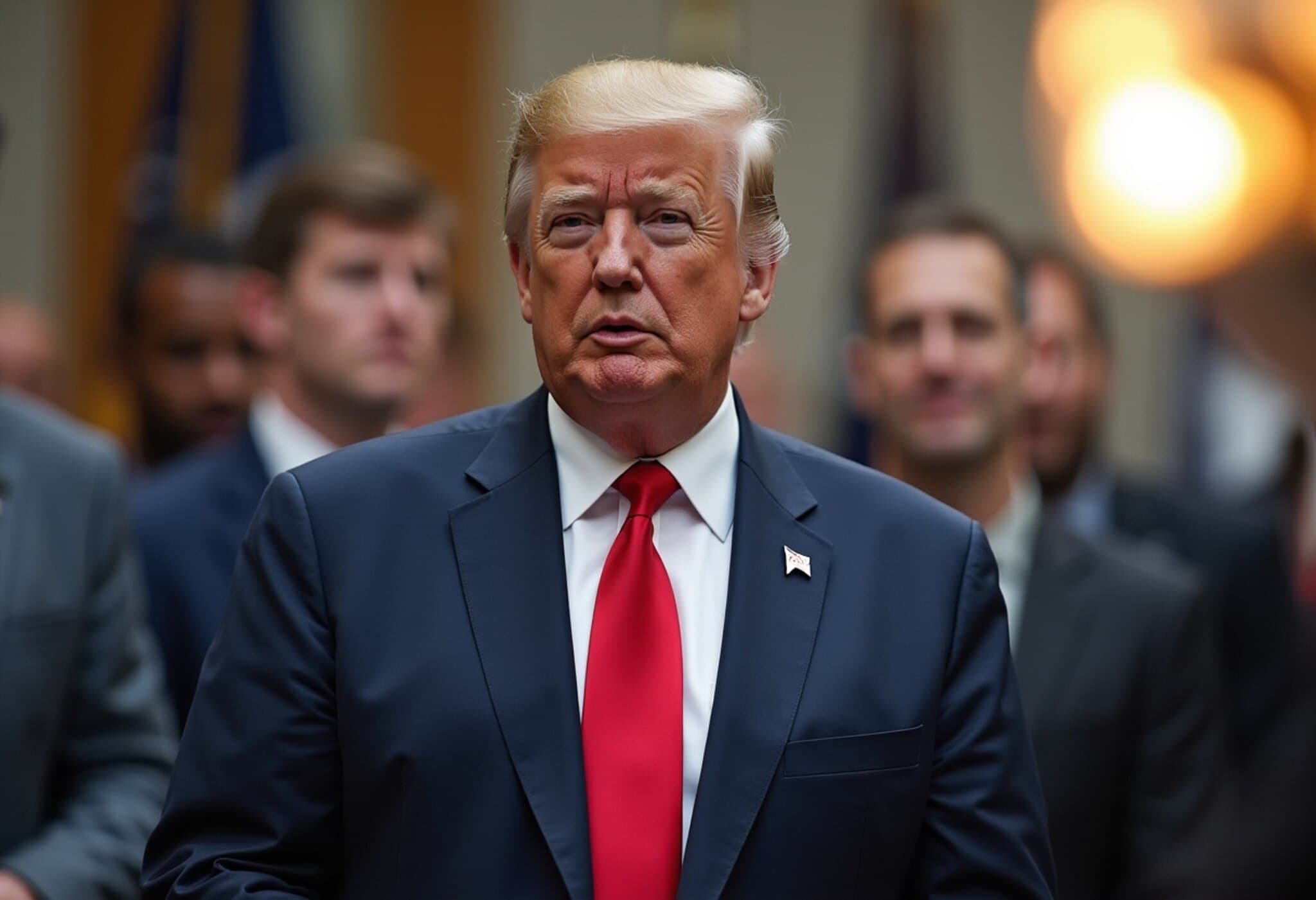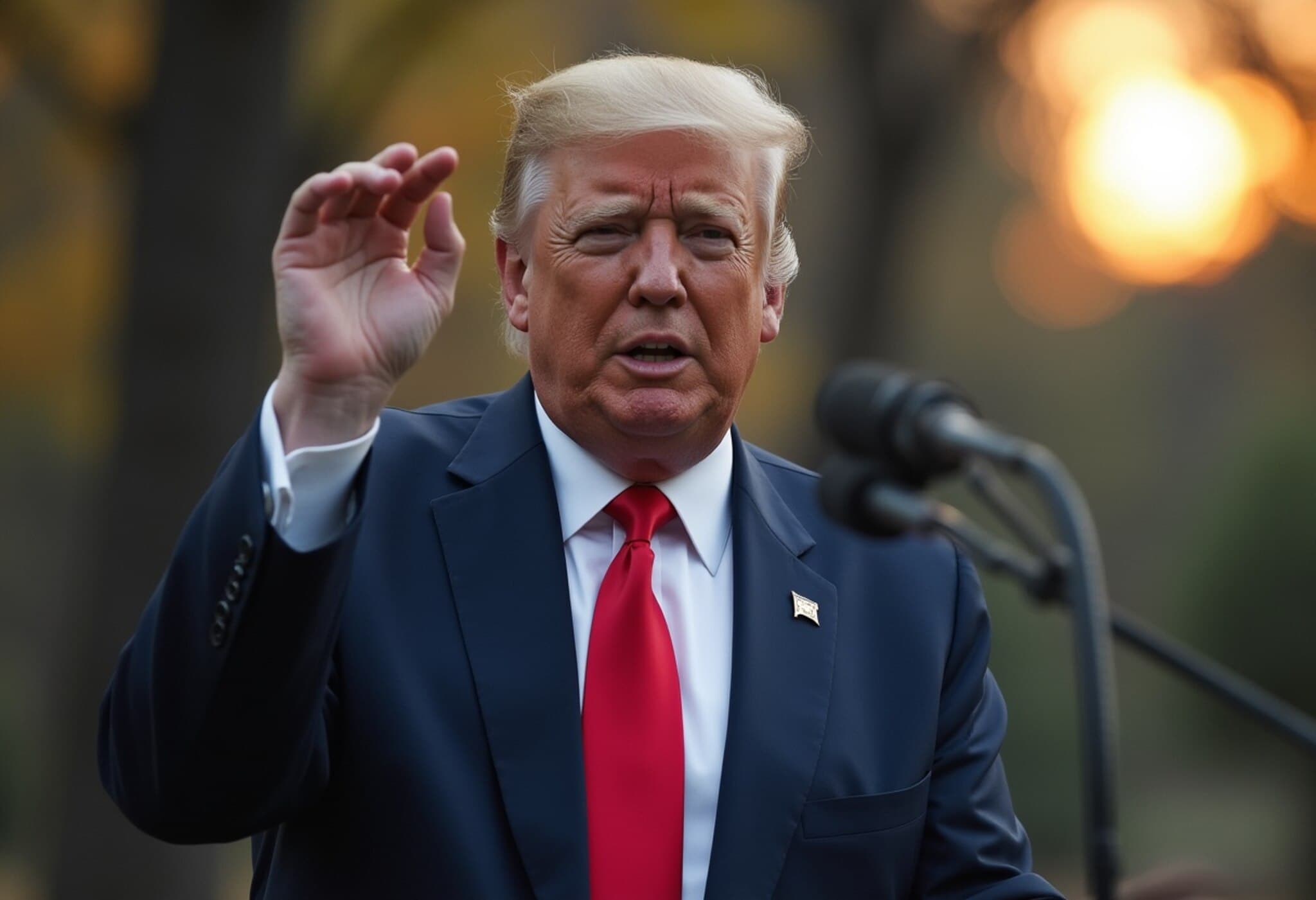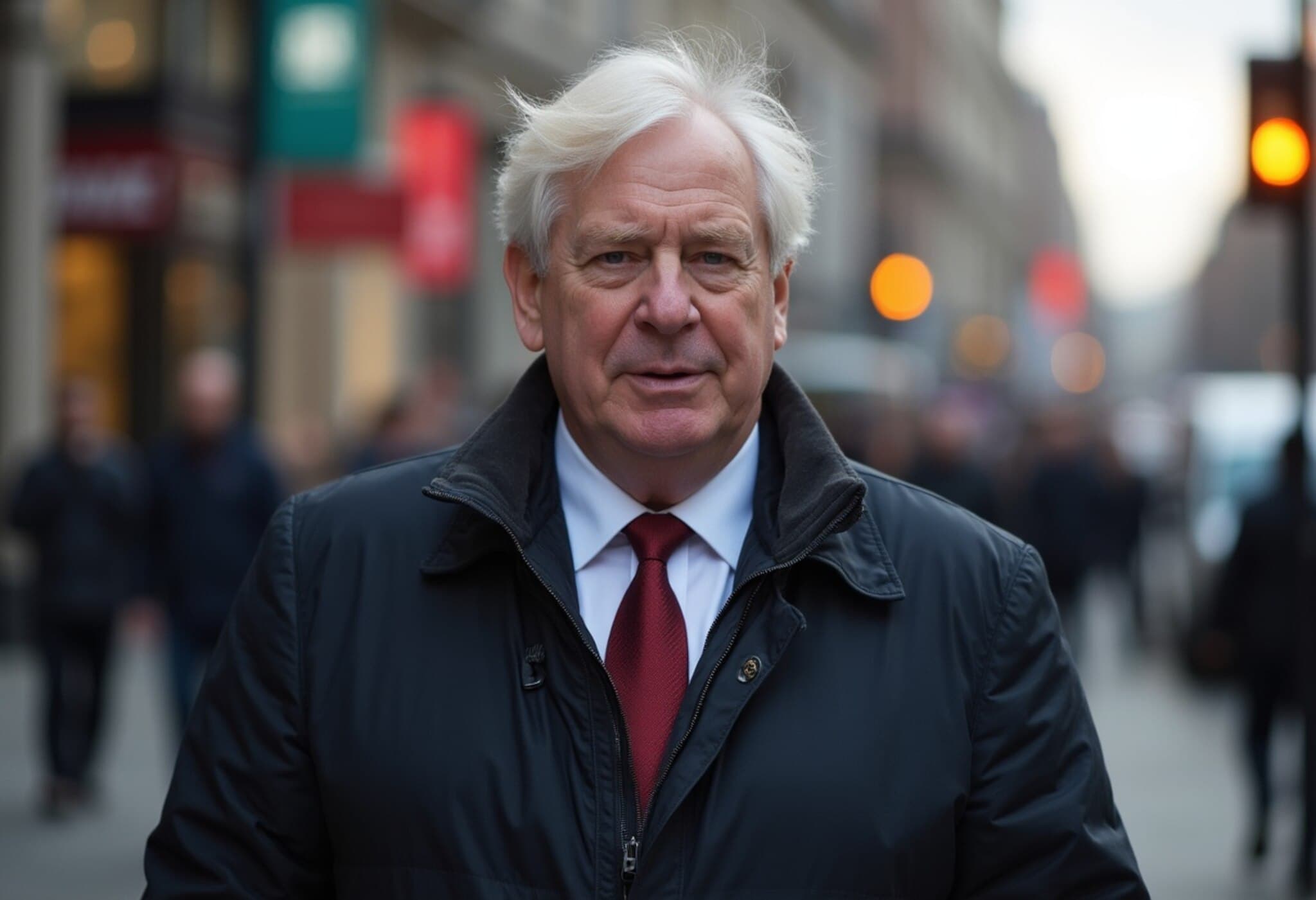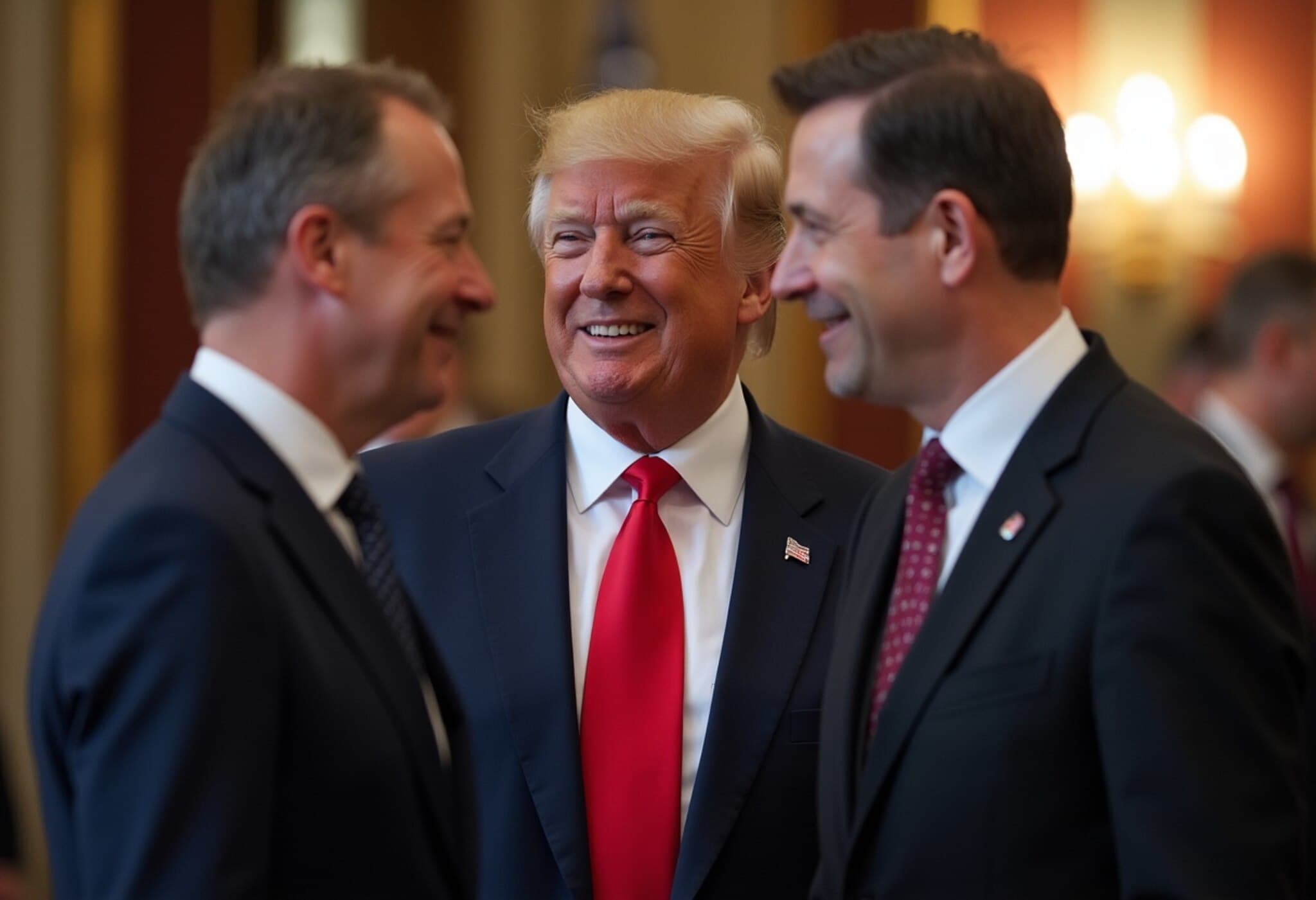UK Government Lowers Voting Age to 16 Nationwide
In a landmark move set to reshape the political landscape ahead of the next general election, the UK government has confirmed it will lower the voting age from 18 to 16 across all elections in the United Kingdom. This decision aligns England and Northern Ireland with Scotland and Wales, where 16- and 17-year-olds already enjoy the right to vote.
Once the Elections Bill becomes law, approximately 1.5 million additional young voters will gain the franchise, marking a significant expansion of democratic participation.
Political Leaders React to the Change
Deputy Prime Minister Angela Rayner championed the reform, asserting, “Unlike our opponents, this Labour government is not running scared of a generation that’s hungry for change.” Her remarks highlight a broader strategy to engage younger demographics in the democratic process.
Conversely, Conservative MPs raised concerns about the move. Tory MP James Cleverly suggested the decision stemmed from Labour’s declining poll numbers, describing the adjustment as politically motivated rather than principle-driven. Meanwhile, Shadow Communities Minister Paul Holmes pointed to a perceived inconsistency, stating, “Sixteen-year-olds will be able to vote but cannot stand as candidates, buy lottery tickets, consume alcohol, marry, or serve in combat.”
Nigel Farage, leader of Reform UK, voiced strong opposition to one of the companion changes—the acceptance of UK-issued bank cards as valid voter ID—claiming it could open the door to electoral fraud.
New Measures to Strengthen Electoral Integrity
The Elections Bill introduces several significant reforms aimed at bolstering transparency and security:
- Expanded Voter ID Options: British voters will now be allowed to use UK-issued bank cards in addition to passports and driving licences when voting at polling stations.
- Tougher Oversight of Political Donations: Donations from British companies will be scrutinized to ensure those companies are genuinely engaged in commercial activities domestically, preventing potential foreign interference.
- Enhanced Protections for Candidates: The Bill proposes stiffer penalties for individuals who harass or threaten political candidates, safeguarding democratic participation from intimidation.
Minister for Democracy Rushanara Ali underscored the rationale behind these measures: “Young people can work at 16, pay taxes, and join the Army. There is no reason they should not have the right to a say in who represents them. They are passionate about the issues affecting their communities and country. Moreover, with foreign interference increasingly threatening British politics, it’s right we take decisive action.”
Context and Implications for UK Democracy
This overhaul of the voting law reflects a growing recognition of youth as vital stakeholders in the democratic process, especially amid heightened political activism around climate change, education, and social justice issues. Allowing 16- and 17-year-olds to vote could energize elections with new priorities and reshape policy debates.
However, the move raises complex questions about the maturity and political engagement of younger voters and where the boundaries of civic responsibilities lie. For instance, critics highlight the paradox of permitting voting without voting candidates and limiting other adult privileges for this age group.
From a broader perspective, the introduction of bank cards as voter ID might make voting more accessible, but it also demands rigorous safeguards to prevent fraud, as critics warn.
American and Global Parallels
The UK’s decision joins a minority of global democracies that permit voting rights at 16, such as Austria, Argentina, and Malta. In the United States, debates about lowering the voting age remain contentious, often tied to discussions about youth engagement and civic education.
Policy analysts suggest that the success of the UK’s expanded franchise will depend heavily on accompanying measures: voter education campaigns, civic engagement initiatives, and persistent efforts to combat misinformation and foreign electoral interference.
Looking Ahead: What to Watch
- Implementation Timeline: Will the Elections Bill pass smoothly, and how quickly will the new rules take effect?
- Voter Turnout: Will 16- and 17-year-olds show up at the polls in expected numbers?
- Impact on Election Results: How might this expanded electorate influence party strategies and policy platforms?
- Effectiveness of Fraud and Harassment Measures: Will the new safeguards truly protect the integrity of elections and candidates?
Editor’s Note
Lowering the voting age to 16 represents a bold shift that acknowledges the evolving role of youth in modern democracies. Yet, it also surfaces critical debates about readiness, rights, and representation. As this policy unfolds, close observation will be key — not only on how young voters engage, but also on whether the promised protections against foreign interference and voter intimidation can withstand practical challenges. The UK's experience could offer valuable lessons for democracies worldwide wrestling with questions of inclusivity and electoral integrity.



















